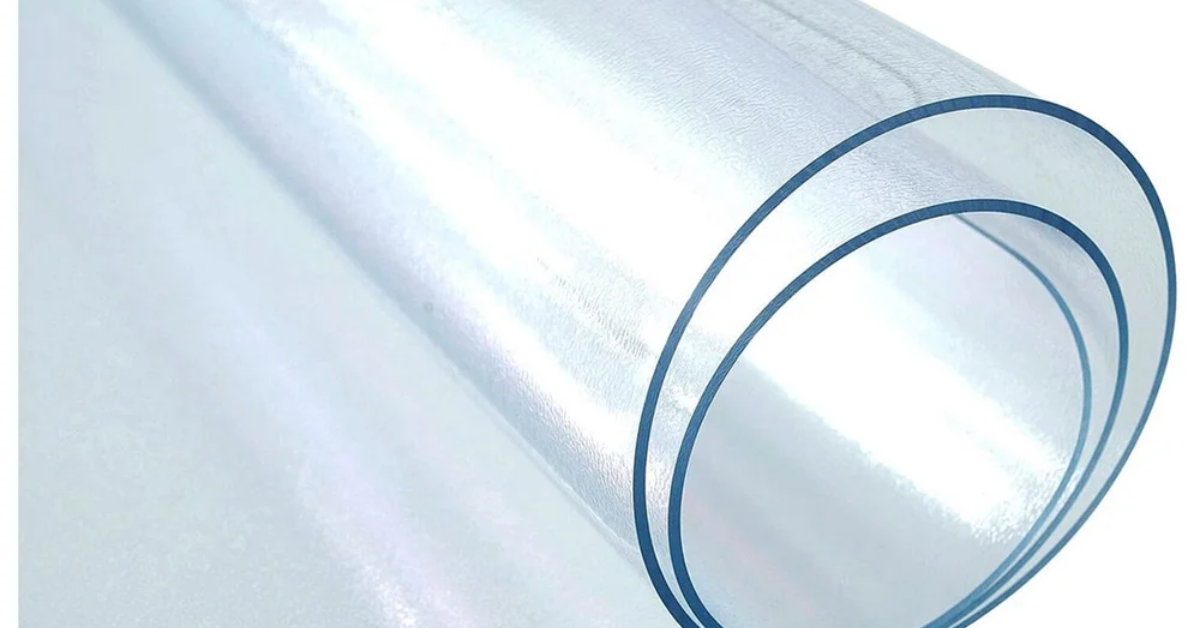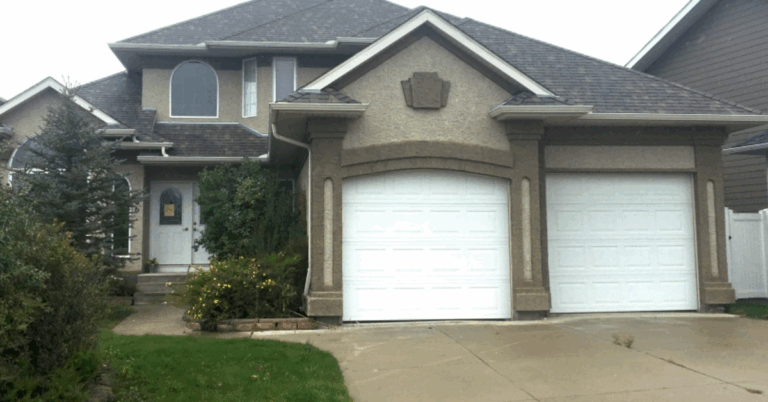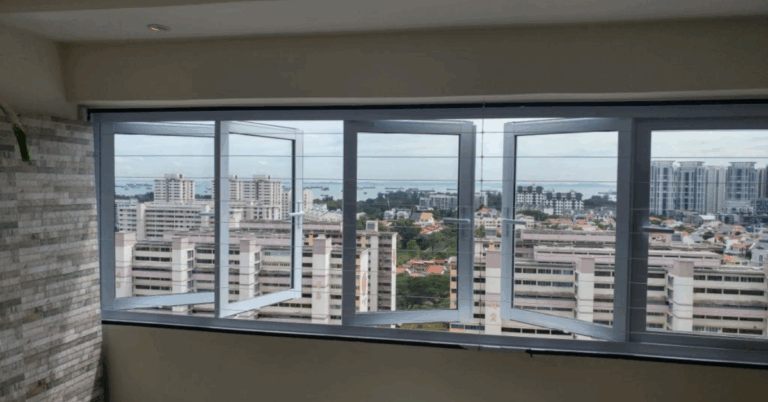Transparent PVC: Versatile and Durable Material for Multiple Applications
Transparent PVC (Polyvinyl Chloride) is a highly versatile plastic material known for its clarity, durability, and weather resistance. It is widely used across industries ranging from construction and manufacturing to event management and interior design. In Singapore, where versatility and resilience are highly valued, transparent PVC serves as a practical solution for creating protective barriers, windows, curtains, and many other applications.
This comprehensive guide explores the properties, benefits, common uses, and maintenance of transparent PVC to help you understand why it is a popular choice in both commercial and residential settings.
What is Transparent PVC?
Transparent PVC is a clear, flexible form of polyvinyl chloride. Unlike opaque or colored PVC, this variety allows light to pass through, making it an excellent alternative to glass or other transparent materials. It is produced in sheets or rolls of varying thickness and can be fabricated into different shapes and sizes depending on the application.
Key Properties of Transparent PVC
Clarity: Offers high optical clarity, allowing clear visibility through the material.
Durability: Resistant to impact, scratches, and wear, making it suitable for long-term use.
Weather Resistance: Can withstand exposure to sunlight, rain, and humidity without degrading.
Flexibility: Available in flexible sheets that can bend without cracking.
Chemical Resistance: Resistant to many chemicals, oils, and solvents.
Fire Retardant: Many transparent PVC products come with fire-retardant properties compliant with safety standards.
Benefits of Using Transparent PVC
1. Versatile Applications
Transparent PVC’s clarity and flexibility make it ideal for a wide range of uses including windows, protective barriers, curtains, table covers, and signage.
2. Cost-Effective
It is generally more affordable and easier to install than glass while offering similar transparency.
3. Safety
Unlike glass, transparent PVC does not shatter easily, reducing the risk of injury in case of impact.
4. Easy Maintenance
It can be cleaned easily with mild detergents without damaging the surface or clarity.
5. Weatherproof
Its resistance to weather makes it suitable for outdoor and indoor use in humid and rainy climates like Singapore.
Common Uses of Transparent PVC in Singapore
Industrial and Commercial Applications
Protective Curtains and Strip Doors: Used in warehouses and factories to separate spaces while maintaining visibility.
Window Replacements: Temporary or permanent windows in tents, vehicles, and booths.
Rain Covers and Canopies: Flexible clear coverings that provide protection without blocking light.
Safety Barriers: Transparent shields in retail counters or offices, especially important for hygiene and social distancing.
Residential and Interior Design
Window Panels: Alternative to glass in patios, balconies, or verandahs.
Table Covers and Mats: Protect surfaces while allowing the underlying material or design to show.
Room Dividers: Transparent partitions for open-plan homes or offices.
Furniture Inserts: Clear panels in cabinets or shelves.
Event and Exhibition Use
Tent Walls and Windows: Clear PVC walls allow light inside while providing protection.
Display Cases: Durable and clear protection for exhibits.
Outdoor Signage: Weather-resistant transparent overlays.
How to Choose the Right Transparent PVC
Thickness
PVC sheets come in various thicknesses, typically ranging from 0.3mm to over 3mm. Thicker sheets offer more durability but are less flexible.
UV Protection
For outdoor applications, choose PVC with UV-resistant coatings to prevent yellowing and brittleness.
Fire Retardancy
Ensure compliance with Singapore’s fire safety regulations by selecting fire-retardant PVC when required.
Flexibility
Consider whether you need rigid or flexible PVC depending on your project.
Size and Customization
PVC sheets can be cut to size or fabricated to fit custom dimensions.
Installation Tips for Transparent PVC
Clean the surface thoroughly before installation to ensure adhesion or fitting.
Use appropriate adhesives or fasteners designed for PVC.
Avoid excessive bending or stretching to prevent cracking.
For large installations, professional help ensures proper alignment and secure fitting.
Maintenance and Cleaning of Transparent PVC
Use mild soap or detergent and water with a soft cloth to clean.
Avoid abrasive cleaners or scrubbers that can scratch the surface.
Rinse thoroughly after cleaning to prevent residue buildup.
Regularly inspect for cracks or yellowing and replace if necessary.
Environmental Impact and Recycling
Transparent PVC is recyclable, though recycling facilities vary by region. Choosing PVC with environmentally friendly additives and proper disposal contributes to sustainability.
Conclusion
Transparent PVC is a practical, durable, and cost-effective material ideal for numerous applications in Singapore’s diverse environments. Its combination of clarity, flexibility, and resistance to weather and chemicals makes it a preferred choice for industries, homes, and events. Understanding its properties and proper care will help you maximize the benefits of transparent PVC for your specific needs.
Frequently Asked Questions (FAQ) About Transparent PVC
1. Is transparent PVC safer than glass?
Yes, transparent PVC is impact-resistant and less likely to shatter, making it safer in many applications.
2. Can transparent PVC be used outdoors in Singapore’s climate?
Absolutely, especially if you select UV-resistant grades designed for outdoor use.
3. How thick should transparent PVC be for window applications?
A thickness of 1.5mm to 3mm is common for window panels, offering a good balance of clarity and durability.
4. How do I clean transparent PVC without scratching it?
Use mild soap, water, and a soft cloth or sponge. Avoid abrasive cleaners and scrubbing tools.
5. Is transparent PVC recyclable?
Yes, transparent PVC can be recycled but check local regulations and facilities for proper disposal.
6. Can transparent PVC yellow over time?
Without UV protection, transparent PVC can yellow when exposed to sunlight over long periods. UV-resistant options help prevent this.
Read More







